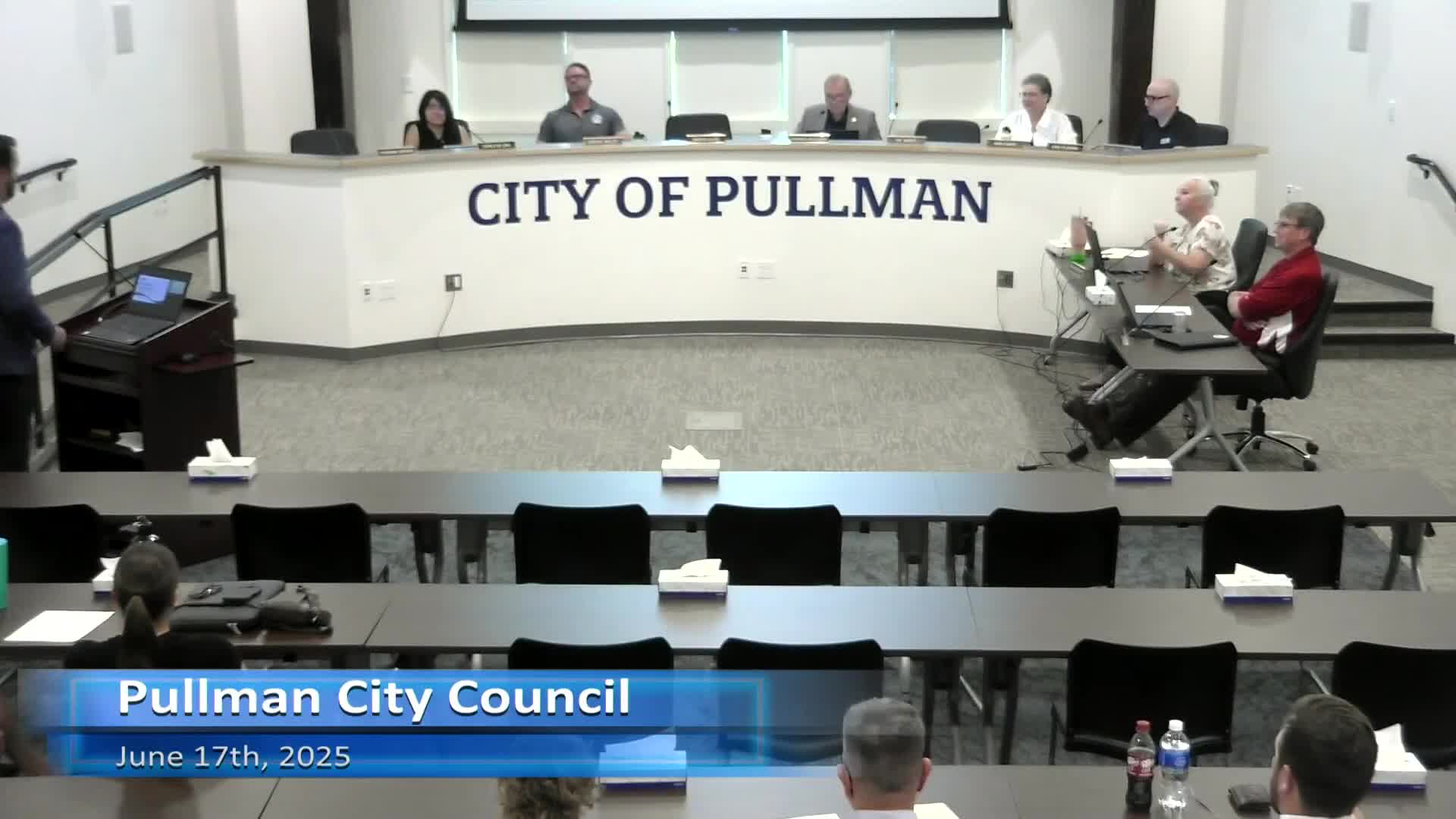Article not found
This article is no longer available. But don't worry—we've gathered other articles that discuss the same topic.
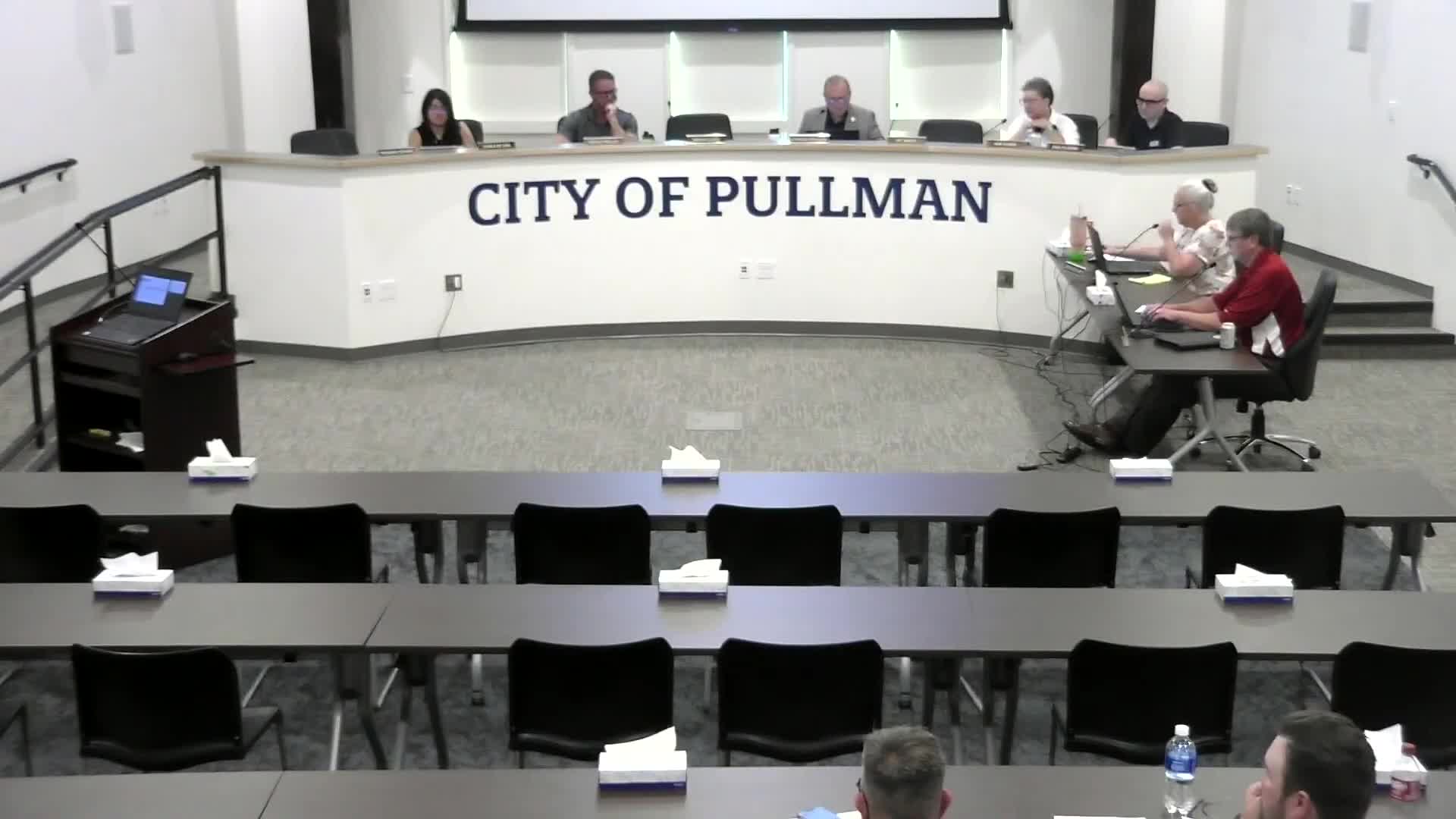
City briefed on new Transportation Benefit District revenue and possible uses
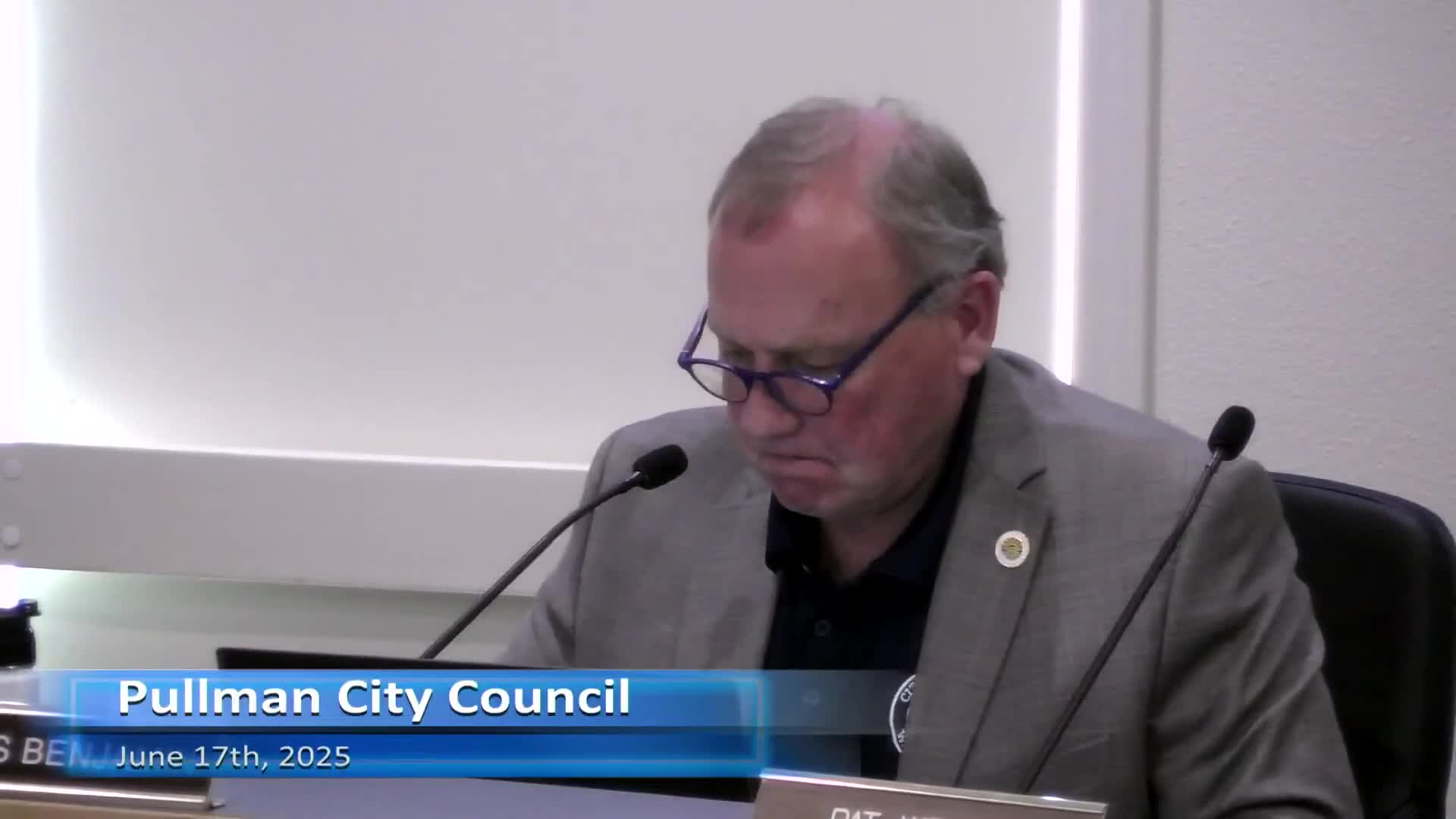
Council awards $1.66 million citywide safety improvement contract to low bidder
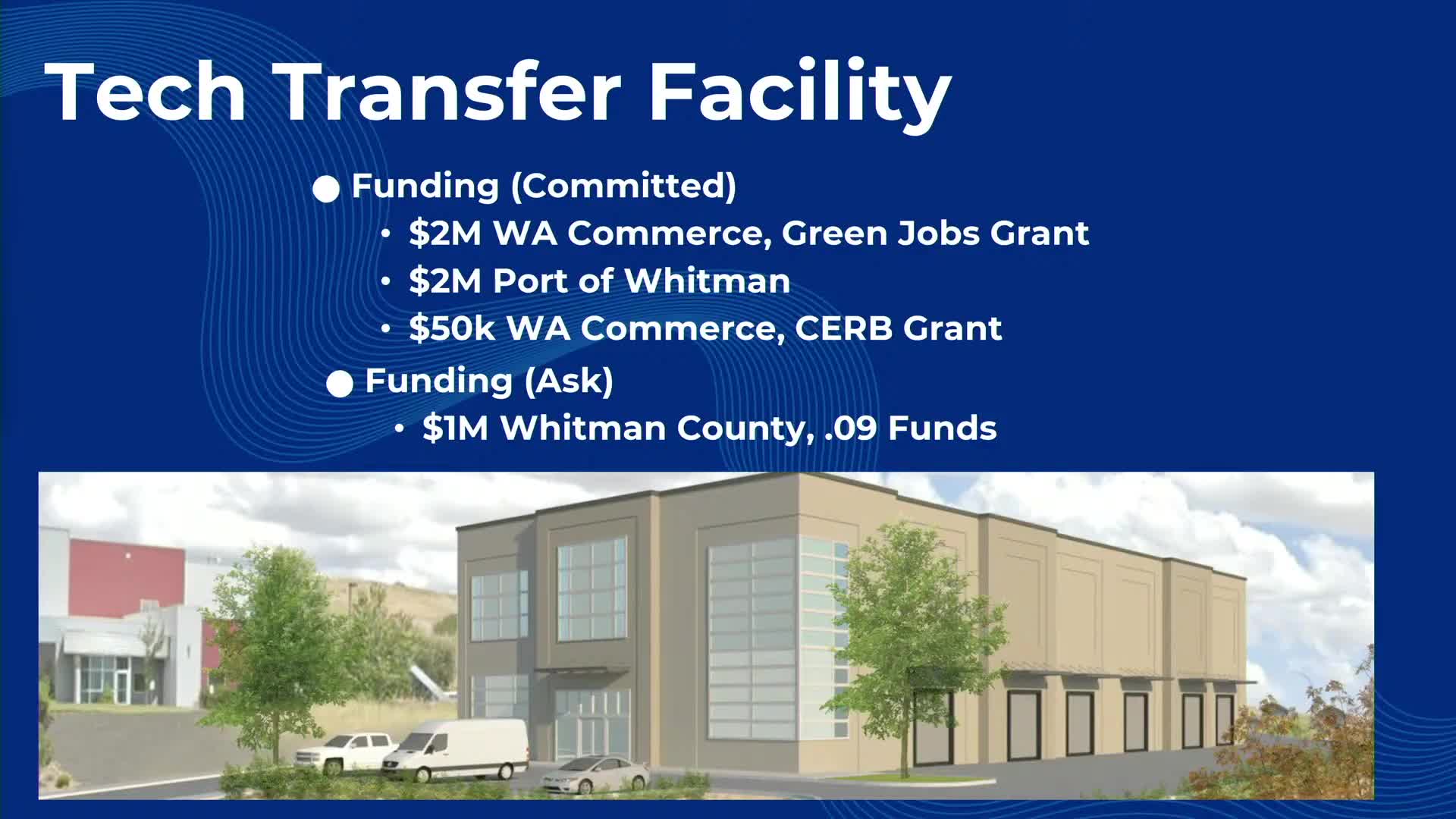
Council accepts $900,000 donation to create memory garden in Lawson Gardens
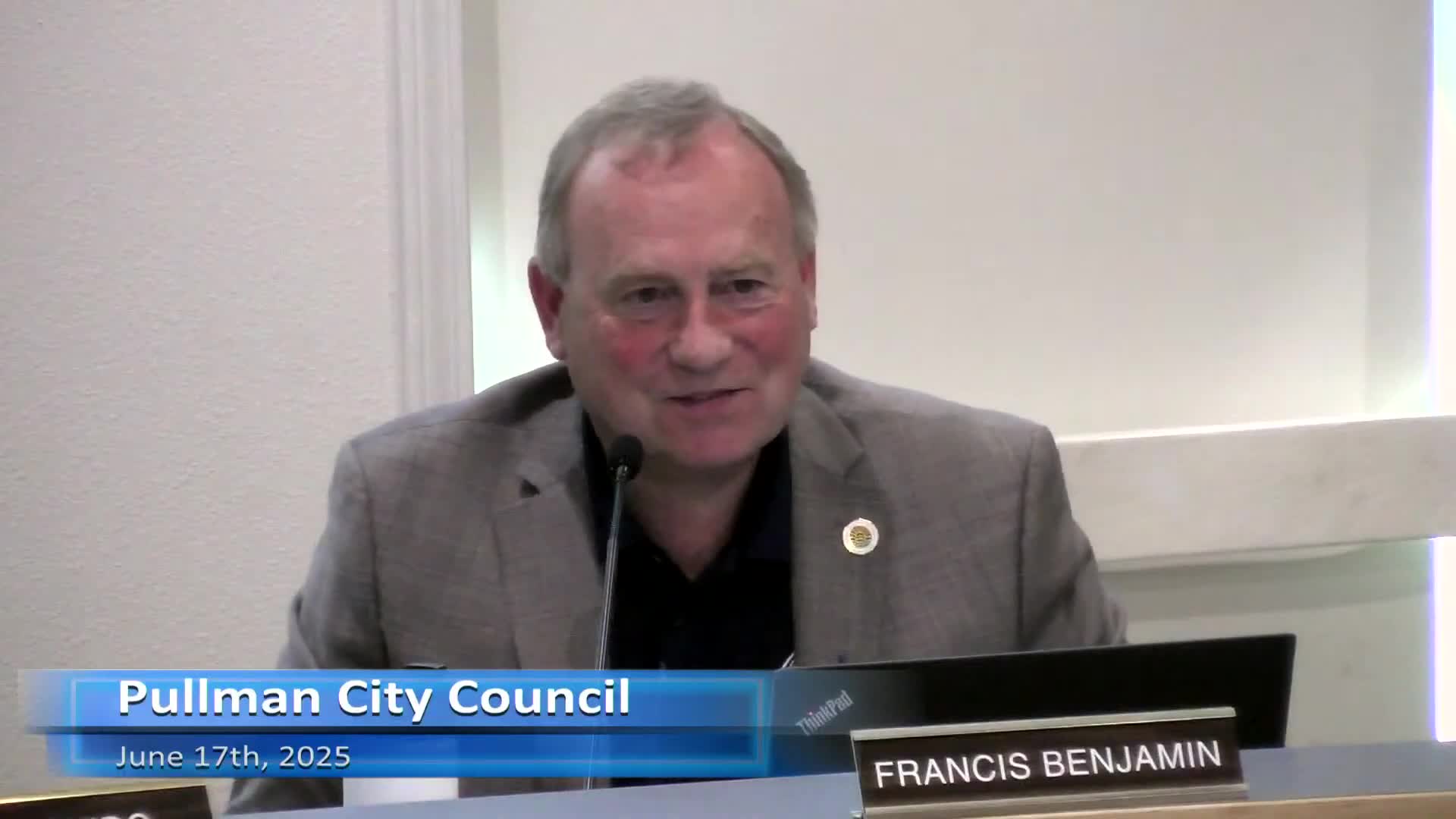
Public Works presents 2024 annual report: sidewalks, water meters and transit updates
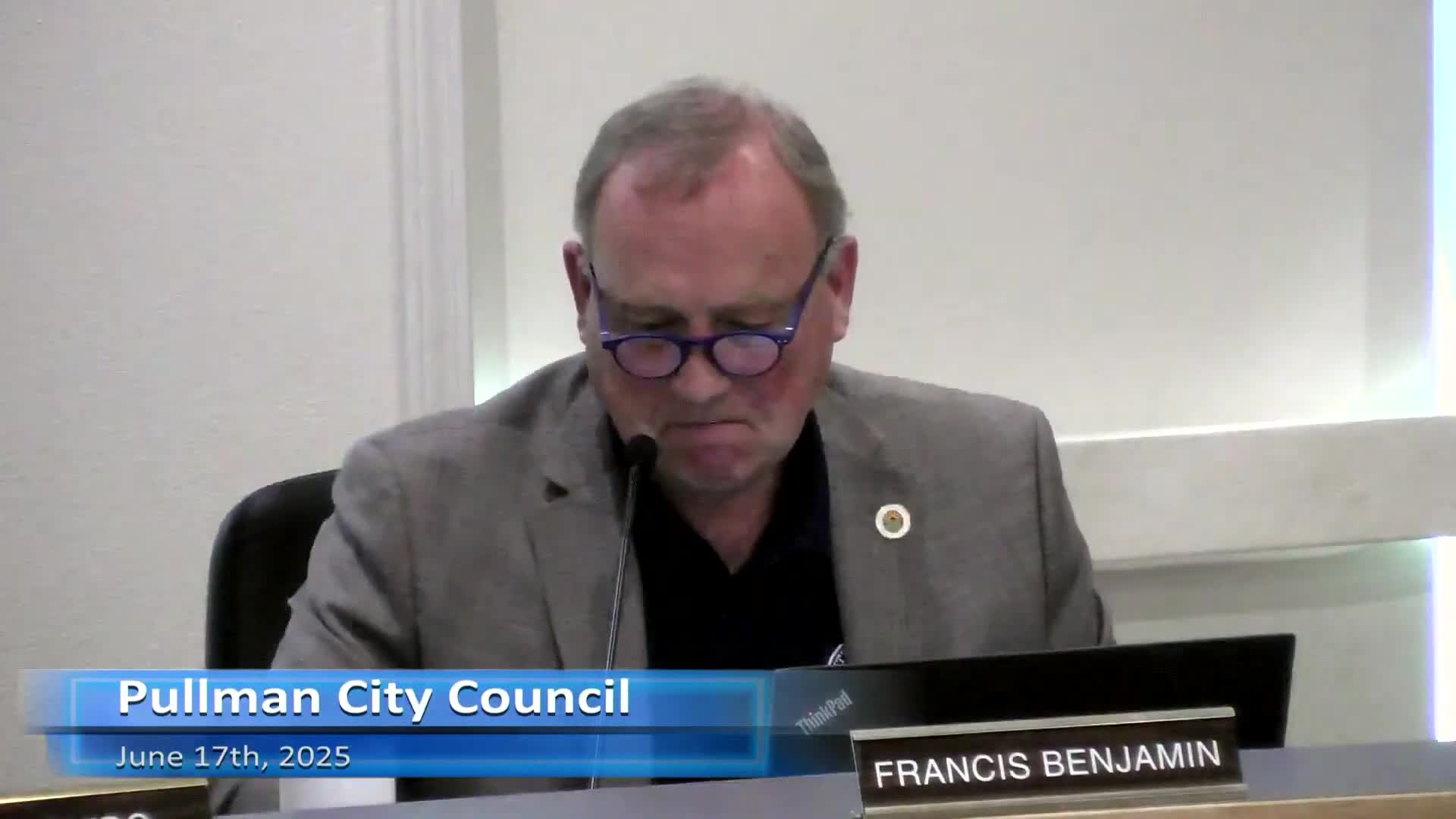
Port of Whitman outlines countywide projects: industrial pads, waterfront maintenance and brownfields cleanup
